|
|
|
| |
| |
|
Snapshot: February 2021
|
 |
|
|
|
|
|
|
| We acknowledge and thank the W̱SÁNEĆ people on whose traditional territory we live, learn, and teach. The W̱SÁNEĆ people have lived and worked on this land since time immemorial.
|
| |
|
|
 |
Why Focus on Kindness and Compassion? While research into kindness and compassion is still young, evidence suggests that kindness and compassion are biological traits, and that practicing these skills can lead to improved health, enhanced well-being and better relationships. Compassion and kindness allow us to walk with ourselves and others in a new way, as we work to create a world we're all happy to find ourselves within.

|
| |
|
|
Striving towards inclusive, kind, compassionate learning environments. According to the 2018 BC McCreary Adolescent Health Survey, 39% of students reported experiencing discrimination in the previous year. While students described discrimination most often on accord of physical appearance, experienced discrimination based on race, sexual orientation, and physical appearance had all increased since the previous survey in 2013. The McCreary report is a cumulative report from over 38,000 students across 58 BC districts, and reminds us of the importance of working towards kindness, compassion, and strengthened relationships.

|
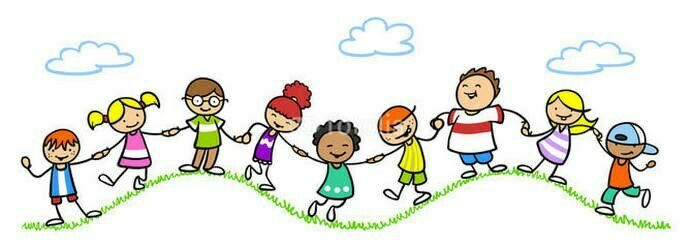 |
| |
|
|
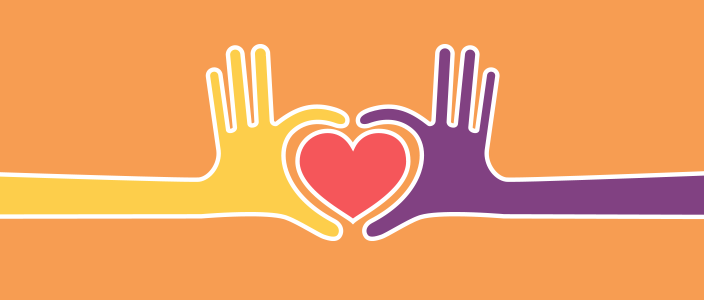 | Science suggests there are benefits to being kind. Did you know that just one act of kindness a day can reduce anxiety, stress and depression, while flooding your body with hormones that lead to greater calmness, happiness, and health in both yourself, as well as the person you helped? Kindness can lead to increased serotonin, endorphins, and oxytocin, amongst other benefits.

|
| |
|
|
|
|
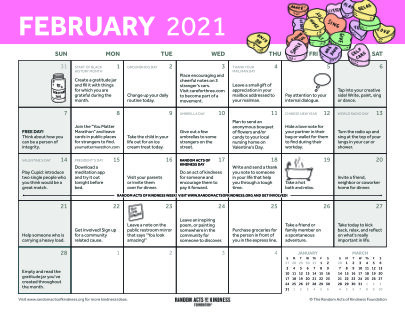 |
Get Inspired! Check out the link through the
Random Acts of Kindness Foundation to visit monthly kindness activities, and to reflect on ideas and inspiration to bring kindness into your day! Scroll through ideas relevant to work, school and home environments, and consider how one random act of kindness a day could shift your world.

|
| |
|
|
A Buddy Bench: How little people can make a big difference. Check out Charlie Cooper's Tedx Talk explaining his experience with loneliness and school, and his learning and implementation around buddy benches, and more inclusive environments.

|

|
| |
|
|
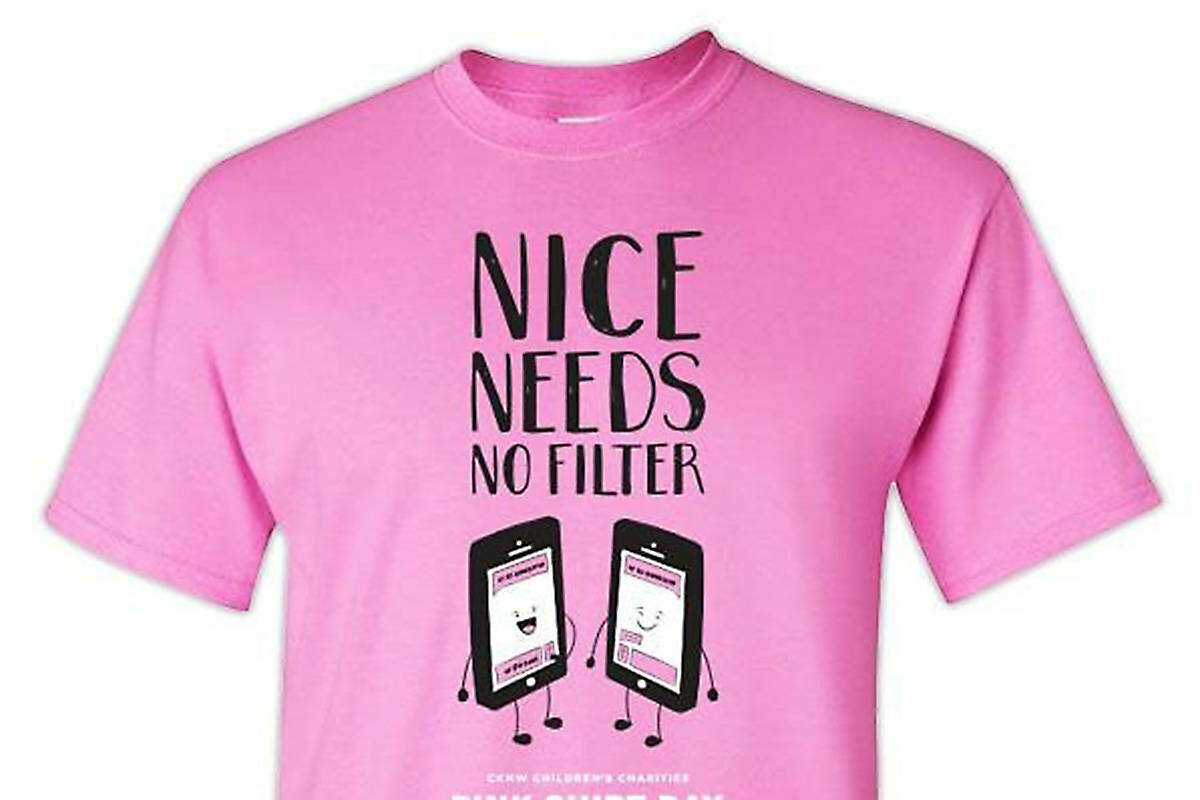
|
Choose kindness! Did you know it's Pink Shirt Day on February 24th? Pink Shirt Day originated in Nova Scotia, when a boy was bullied in his school for wearing a pink shirt. Following this incident, two students chose kindness over bullying, purchasing over 50 pink shirts that were worn at their school as an act of support the following day. Pink Shirt Day reminds us that we too can choose kindness, and stand in support of one another.

|
| |
|
|
|
|
What about self compassion? Compassion for oneself mirrors compassion for others. In noticing and responding to the experience of pain, we are then able to offer ourselves the same kindness in turn that we might offer a friend. Rather than trying to repress an experience, self compassion allows us to notice and care for self, noticing and comforting ourselves through challenging moments.
|
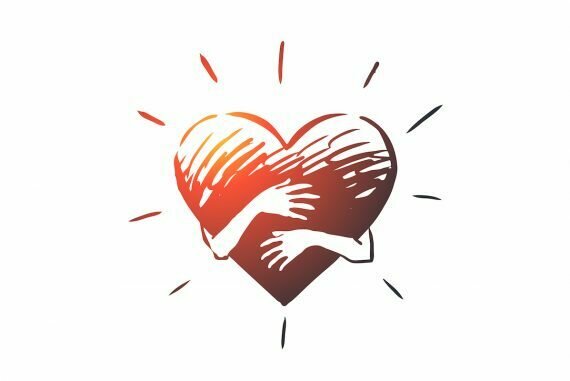 |
| |
|
|
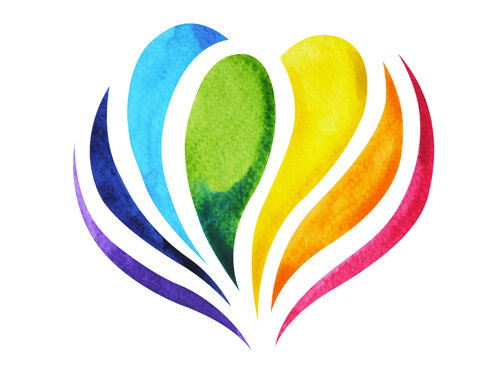 |
Why does it matter? While it can be tempting to move quickly to a place of problem solving, we seldom make our best decisions when in distress. By acknowledging our situation and the hurt we are experiencing, focusing on common humanity, and working to alleviate suffering through kindness and self compassion - we are better able to care for ourselves, alleviate our suffering, remain connected, and make better decisions.

|
| |
|
|
What traits can help this process?
Mindfulness and awareness allow us to acknowledge when we are in pain - for instance, when negative self talk may leave us feeling hurt. This is not about over exaggerating emotions, but rather about acknowledging them. If we are unable to recognize our experience of the present moment, we are unable to intentionally address and ease hurt and suffering.
Focusing on common humanity allows us to remain connected, rather than to isolate. When we wonder "why me", we often feel cut-off, furthering hurt and distress. When we recognize suffering is a part of life's experience and common humanity, we are more likely to continue feeling connected to others, alleviating pain.
Self-Kindness offers an alternative approach to unhelpful self- criticism. While responding to personal failures and challenges with self-criticism
often leads to further stress and resentment, self-kindness allows us to accept the current reality from a supportive place of compassion, forgiveness, learning, and new perspectives.

|
 |
| |
|
|
|
|
|
|
|
|
 | Compassion Starts with You! When caregivers have compassion for themselves, they are likely to better cope with stress, and prevent stress contagion with children and others. Click the link below to explore how we might lead by example, creating compassion and warmth to self and others.

|
| |
|
|
 | Kindness Ideas Browse by topics, and explore creative ideas extending kindness at work, online, in school, to animals, the environment, and more! Scroll through ideas or submit your own and add to the plethora of creative acts.

|
| |
|
|
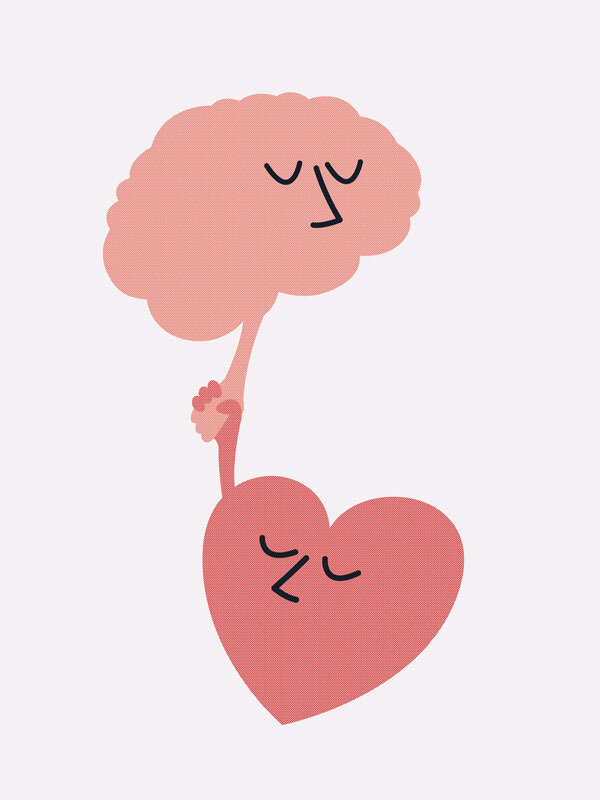 | Guided Meditations and Resources for Self Compassion Explore tips and tricks for building the practice of self-compassion in your life. Replace critical self-judgment with self-compassion as you build a new lens to approach personal shortcomings and frustration.

|
| |
|
|
|
|
|
|
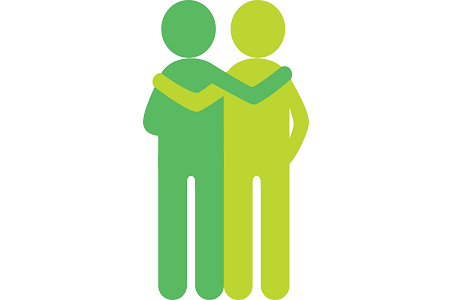
| Cultivating kindness and compassion. If our fondest memories often involve moments where others have offered us kindness, why aren't we kind more often? The effects of kindness can't be denied - make kindness the norm, and not the exception!

|
| |
|
|
|
|
Interested in Learning More?
https://www.mcs.bc.ca/pdf/balance_and_connection.pdf
https://www.pinkshirtday.ca/about
https://greatergood.berkeley.edu/topic/compassion/definition#why-practice-
compassion
https://www.youtube.com/watch?v=11U0h0DPu7k
https://www.thekindnesscurriculum.com/
https://self-compassion.org/
|
| |
|
| |
|
|
|
|
|
|
|
|
| |
|